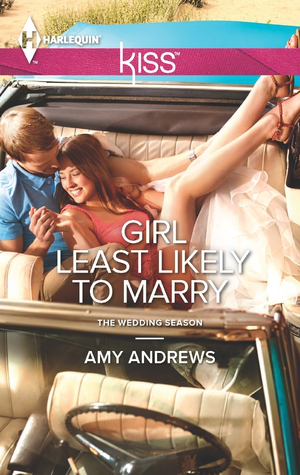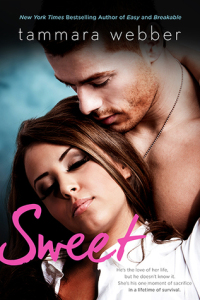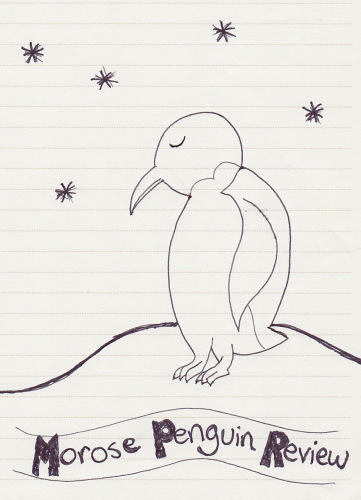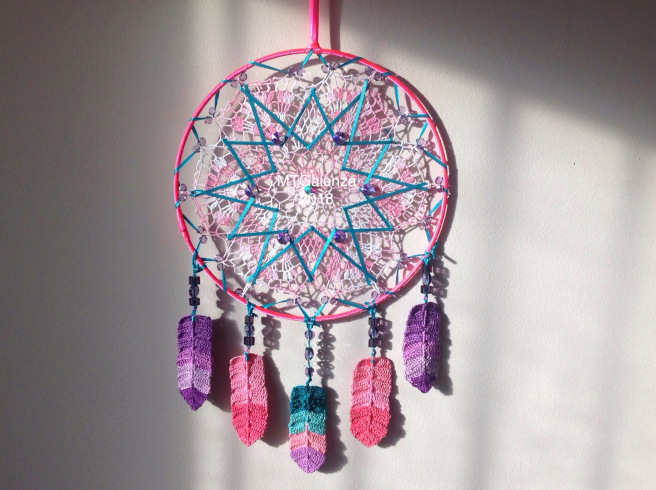Yes! I read a Harlequin romance! Why? Well, I was required to. But I’m actually very glad I was.
Explanation: this summer I took a course in Adult Popular Literature and Reader’s Advisory (the librarian term for how to recommend books to people). For the course, we were required to read about 9 novels from a variety of genres. The idea was to get us to read genres we don’t normally read – after all, part of our job as librarians is to recommend books in any and all genres, including those we don’t normally read, so we kinda need to know a thing or two about what’s out there. Harlequins are one such genre (can you call it a genre?) that I’d never read and therefore needed to in order to increase my understanding of the genre and, in turn, my ability to librarian.
And oh man, was this one fun.

The book I chose is called Girl Least Likely To Marry by Amy Andrews. It’s part of Harlequin’s “Kiss” line. If you don’t know how Harlequins work, basically each book belongs to a series or line (“series” meaning they have similar characteristics rather than continuous plot lines or characters). For example, there’s Harlequin Blaze, for steamy romances, Harlequin Medical Romance, Harlequin Intrigue, etc., etc., etc., you name it – cowboy Harlequins, Rennaisance Harlequins – it exists. The Kiss line is described as being fun and flirty, “all about the delirium of a potential new romance.” Girl Least Likely to Marry is number 25 in the Kiss line and is actually the second book in a four-part series called The Wedding Season that follows four best friends. I picked this one from the selection at my library because I wanted a contemporary romance, and Kiss sounded cute. This one also had a great title and the words “Talk nerdy to me” on the back…
The story is about a girl named Cassie (short for Cassiopeia) who is working on her Ph.D. in astronomy. She is described in the author’s introduction as a female Sheldon Cooper. She does not believe in the existence of love and sees sex only as a method of procreation and has never before experienced an orgasm. Enter Tuck, ex-pro football player with smoking hot bod.
The most hilarious part of this book is that the author clearly doesn’t know anything about science. Cassie talks so much about biology and how humans only mate because of survival, etc., etc., etc., that she really shouldn’t have been portrayed as an astronomer; she should have been a biologist, then the biology/sex jokes and references would have been so much more relevant. The extent of her astronomy knowledge seems to be that Tuck’s eyes match the color of the nebula’s she’s trying to study. The author’s definition of “science” is… questionable. Here’s an example passage, in which Tuck is describing how clear the night sky is in the Arizona desert:
“…The stars out there are amazing.”
“Well, they would be,” Cassie said. “It’s in the middle of the desert. No ambient light. No pollution.”
“Yeah.” Tuck smiled as she got all scientific on him.
“All scientific”?? Yeah. No lights. No pollution. Very science. Much scientific.
Ok, so let’s talk about the actual romance. Basically the trajectory of this particular relationship is that Cassie meets Tuck, smells his pheromones (I’m not kidding, the word “pheromones” was on almost every page of this book. ALMOST. EVERY. PAGE.), and wants to have sex with him, though it takes Cassie’s more experienced friends to convince her of that fact because she does not recognize the strange new sensation of horniness. But by chapter 4, she does. For two whole chapters. Never before have I read a book in which a sex scene lasts two full chapters. And to be honest, it wasn’t terribly written. (Spoiler alert: Cassie reaches orgasm.) Anyway, Tuck and Cassie become fuck buddies until he falls for her and she falls for him, which yet again requires friend intervention to determine. And they live happily ever after.
So the big money question is why do people love to read Harlequins? The characters have very little depth. The writing is nothing to rave about, though the one I read was not bad (with the exception of the overuse of pheromones). The plot is essentially the same every time, with minor variations. But the latter fact probably contributes to the appeal. They are comforting. They are heart-warming. They are titillating. And they all have happy endings. After finally reading one, I better understand why people get addicted. It’s nice to fall in love right along with the characters and know that everything is going to work out.
I’m gonna be honest, I can be elitist in my opinions on literature, and part of why I took this class is because I want to stop that nonsense. As a librarian, you not only should respect everyone’s reading tastes, but you should also understand them and be enthusiastic about them. You want to encourage people to read, and if you scoff at someone asking for a Harlequin, well, you aren’t off to a good start.
Everyone values different things when it comes to reading. Just because writing quality is high on my list doesn’t mean it’s high on others’ lists, or on their lists at all. And writing quality itself means different things to different people. Is good quality writing unique and humorous, flowery and complex, or casual and straightforward, like the Harlequin I read? Maybe the happy ending is most important to you. Maybe the setting matters. Regardless, it’s part of my job to find out what is important to people, respect that, and figure out what a person might enjoy next.
Getting back to the book itself, it honestly was not the horrible piece of trash I expected it to be. I was actually curious enough about this series to pick up a copy of the first book in The Wedding Season, The Unexpected Wedding Guest (but I have yet to read past the prologue). It definitely takes reading more than one book to familiarize yourself with the genre, and I may read another at some point (though I admit, my motivation is not high). Even though they are not my taste, I’m glad I read one. I’m glad I have more knowledge and vocabulary to speak about this genre to people, fans or not.
In short, I expected it to be worse. But it was a decent book, and it did what it set out to do, what all Harlequins set out to do: make you escape for a short time, suspend your disbelief, and fall in love.
Advertisements Share this:- More






